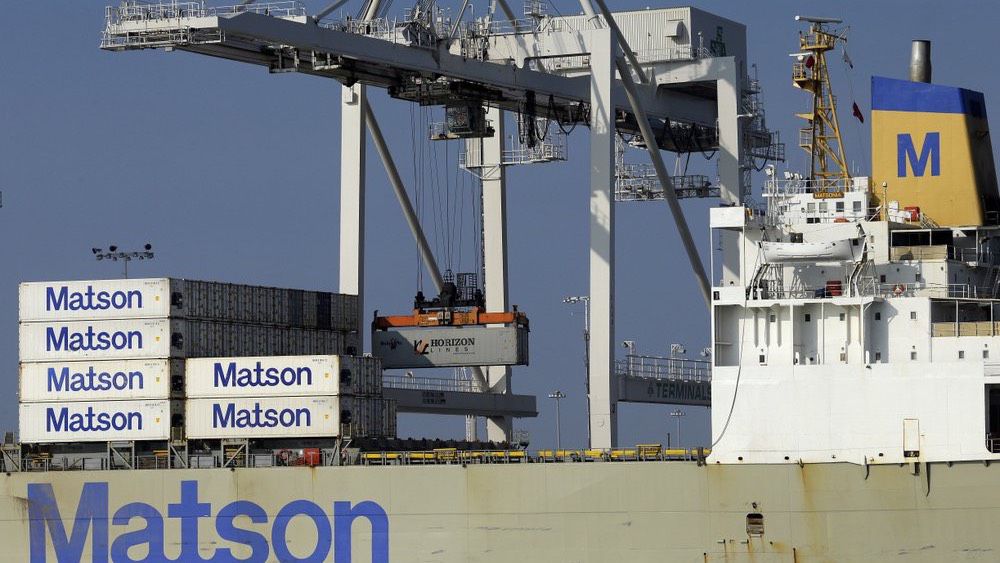As the state braces for the full impact of the newly ordered U.S. ban on Russian oil imports, U.S. Rep. Ed Case is asking Pres. Joe Biden to waive the Jones Act for Hawaii so the state can use international shipping to bring in oil and other petroleum products from mainland ports.
Passed into law in 1920, the Jones Act is a federal law that requires all shipping between U.S. ports to be transported on ships that are built, owned, and operated by U.S. citizens or permanent residents of the United States. The act has been frequently cited as a factor in the high cost of imported good and numerous attempts have been made over the years to repeal it.
Case, who also introduced a bill to mandate the waiver, said he supports the decision to ban import of Russian crude oil and other fossil fuel products in response to the country’s ongoing invasion of Ukraine. However, he noted that Hawaii relies on Russia imports to cover up to one-third of its oil needs. Without a waiver that would allow the state to make up that loss with domestic supply, “the people of Hawaiʻi will be asked to bear consequences far out of proportion to those of most other Americans.”
The state’s only oil refiner, Par Hawaii, suspended purchases of Russian crude oil last week.
Hawaii’s dependence on foreign oil has been driven, in part, by high cost of domestic shipping to the state and by the limited availability of Jones Act-eligible vessels. Domestic shipping to Hawaii is limited to vessels owned and operated by Matson Inc. and the Pasha Group.
“As a result, the costs of such shipping, even if it were available domestically to start with, would be higher by a number of multiples than transport on the plethora of non-U.S. flagged specialty vessels,” Case wrote. “These costs would be passed on in price increases that are already among the highest in our country and would directly affect our national defense headquartered in Hawai’i, our economy, and our communities.
“The bottom line is that through a combination of factors unique to Hawai’i, absent action the people of Hawai’i will be asked to bear a far greater burden of any Russian oil ban than anywhere else in the country,” he wrote. “Your Administration holds the necessary authority to counteract some of the adverse effects caused by a ban on Russian energy imports through a limited, targeted waiver of the Jones Act for domestic supply shipping to Hawai’i.”
The Jones Act has been waived before in emergency situations, most recently in 2017 when then-Pres. Donald Trump issued a waiver to facilitate disaster relief to Puerto Rico following Hurricane Maria.
Case sent letters to Matson president and chief executive officer Matt Cox and Pasha president and CEO George Pasha asking them to support his waiver request.









